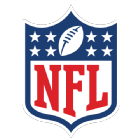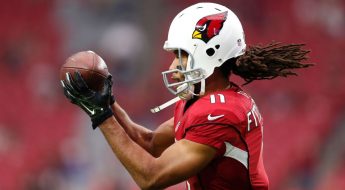Jets' Gase: Playcalling now 'a collaborative effort'
New York Jets coach Adam Gase, who presides over the worst offense in the NFL, doesn’t want to say who’s calling the plays because he believes it puts his team at “a competitive disadvantage.”
Gase wants to keep opponents guessing, the same opponents who have held the Jets to a league-low 14 points per game.
“It’s a collaborative effort,” Gase said Monday, one day after insisting offensive coordinator Dowell Loggains has been calling the majority of the plays in recent weeks even though visual evidence indicated otherwise on Sunday.
1 Related
This shouldn’t be a big deal, but everything gets blown up with an 0-11 team that struggles to score points. It has turned into a shell game, with observers trying to figure out who is calling plays on the sideline. It’s almost laughable, as the Jets are ranked last in several offensive categories.
In Week 7, Gase — the playcaller through most of his coaching career — announced he was handing the job to Loggains. Two weeks ago, Gase was actively involved in the process, but he claimed he simply was relaying Loggains’ calls to the quarterback.
Before Sunday’s 20-3 loss to the Miami Dolphins, ESPN’s Chris Mortensen reported that Gase would return to being the primary playcaller. That appeared to be the case during the game, as Gase held the play sheet and communicated with quarterback Sam Darnold. Meanwhile, Loggains was off to the side, holding a small piece of paper and occasionally chatting with other assistants as plays were called. Afterward, Gase explained that, yes, he did call some plays, but only in specific situations — namely third downs and two-minute offense.
On Monday, Gase didn’t want to get into specifics, explaining why he considers it sensitive information. He said opposing coaches can figure out the play based on which coach is making the call.
“For us, to say like who’s calling what, when, what situation and those things, it’s a competitive disadvantage, really, at the end of the day,” he said.
“You don’t want [opponents] to know, is this guy calling runs? Is he calling passes? Is he calling play-actions? Is he calling empties? Is he calling dropbacks? Who has third down and who has red zone? We’d like to do it without having to make it public knowledge.
“The last three weeks, it’s been a collaborative effort throughout the game.”





